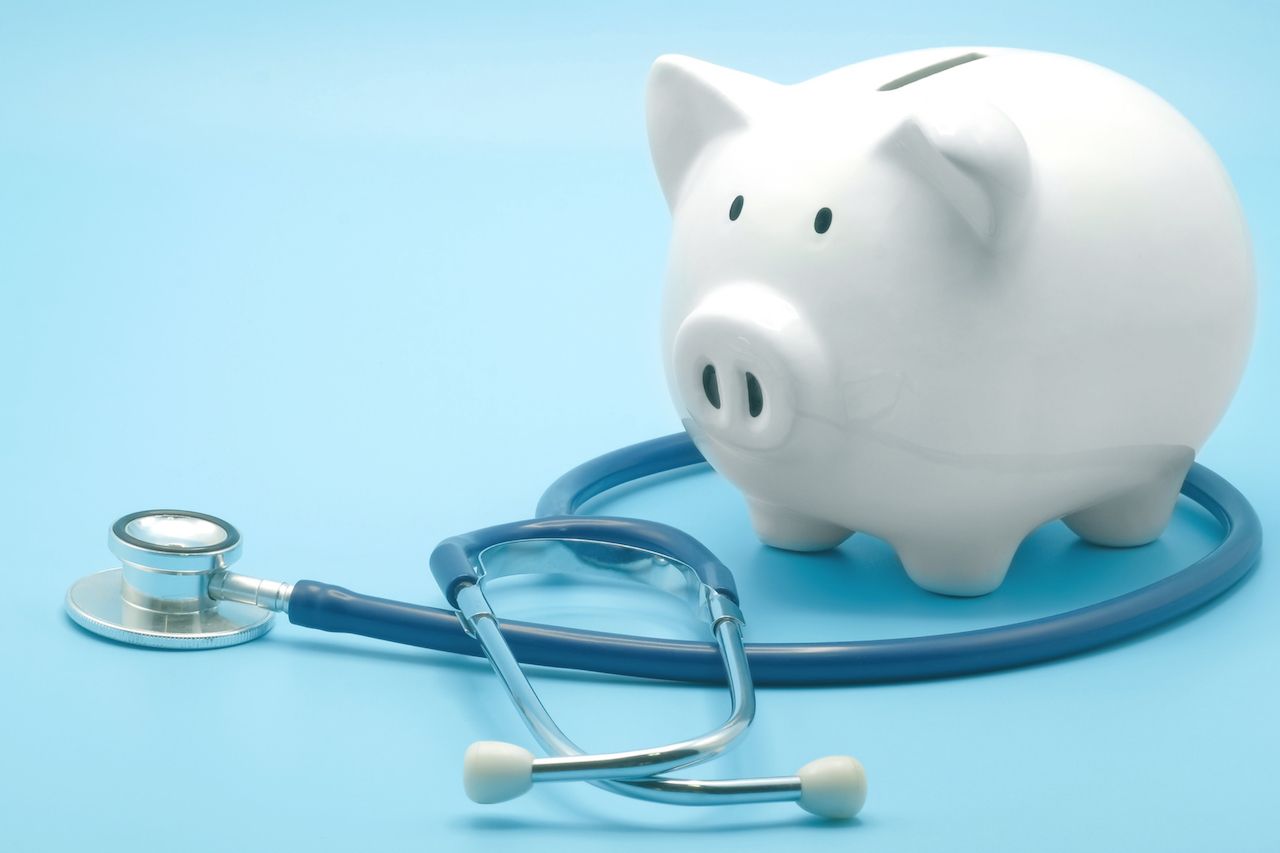Tips to Maximize the Advantages of Your Health Savings Account

Tips to Maximize the Advantages of Your Health Savings Account
If you’re reading this article, it’s likely that financial security is a top priority for you. You want to feel confident weathering any financial storm and achieve your long-term goals. One tool that may help you do just that is a Health Savings Account (HSA), though many people don’t realize its breadth of advantages. An HSA not only offers a tax-advantaged way to pay for healthcare expenses, but it can also serve as a powerful wealth-building tool for your financial future. Below, you’ll find more Health Savings Account information, as well as tips to use yours to your full financial advantage.
What is a Health Savings Account?
If you’re not familiar with what an HSA is, it’s a savings account that is specifically designed to help you pay for medical expenses. It also offers a triple tax advantage: you can contribute funds tax-free, grow those contributions tax-free, and withdraw funds tax-free to use for qualified medical expenses. Once you reach age 65, you can use your HSA funds to pay for non-medical expenses, too, though you’ll pay taxes on these distributions. These advantages mean that a Health Savings Account may be a smart way to save more for retirement.
To qualify for an HSA, you must be enrolled in a High Deductible Health Plan (HDHP). HDHPs have higher deductibles and out-of-pocket maximums than traditional health insurance plans, but they also typically have lower monthly premiums. By combining an HDHP with an HSA, you may save money on healthcare costs while also building a nest egg for your future.
So how can you maximize your HSA to help you achieve your financial goals? Here are a few key strategies to consider:
#1. Contribute as much as you can.
One of the most important things you can do to maximize your HSA is to contribute as much as you can each year. In 2023, the maximum contribution limit for an individual with self-only coverage is $3,850, and for an individual with family coverage it is $7,750. If you’re age 55 or older, you can also make catch-up contributions to your Health Savings Account of up to $1,000 per year.
It’s also worth noting that some employers offer HSA contributions as part of their benefits packages. If your employer offers this perk, make sure to take advantage of it. Even if you can’t contribute the maximum amount yourself, any additional funds from your employer will help you reach your savings goals faster.

#2. Consider investing your Health Savings Account funds.
Many people don’t realize that HSA funds can be invested, just like other retirement accounts. If you have a significant balance in your HSA and don’t expect to use the funds for medical expenses in the near future, it may be worth considering investing some of that money.
By investing your HSA funds, you may potentially earn a higher rate of return than you would with a traditional savings account. Plus, any investment gains are tax-free as long as the funds are used to pay for qualified medical expenses.
#3. Keep track of your healthcare expenses.
Another important strategy for maximizing your HSA is to keep track of your healthcare expenses and save your receipts. By doing so, you can reimburse yourself for those expenses tax-free at any point in the future, even years down the road.
This strategy is particularly helpful if you’re able to pay for medical expenses out of pocket and let your HSA funds continue to grow. By saving your receipts, you can withdraw the money from your HSA tax-free when you need it, while still allowing the remaining funds to grow tax-free.
#4. Understand what qualifies as a healthcare expense.
Finally, it’s important to remember that HSAs may be used for a variety of healthcare expenses beyond just doctor’s visits and prescriptions. This includes everything from dental and vision care to certain over-the-counter medications and even acupuncture.
To make the most of your HSA funds, it’s important to stay informed about what qualifies as a healthcare expense. You can find a list of qualified expenses on the IRS website, or by consulting with your healthcare provider or financial advisor.

Are You Maximizing the Benefits of Your Health Savings Account?
When using the tips above, a Health Savings Account may be a powerful tool for building financial security. Though it’s one that many people overlook for retirement planning, the benefits it provides may do wonders for your future planning, as well as serving your immediate healthcare expense needs.
At Paces Ferry, our team is dedicated to providing a personal perspective on wealth management and working with our clients to create a customized plan for their futures. If you have questions about incorporating a Health Savings Account into your wealth management plans or are looking for professional guidance with your money, please reach out today. We look forward to hearing from you!